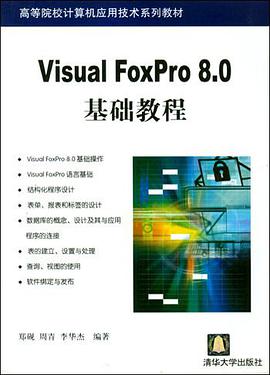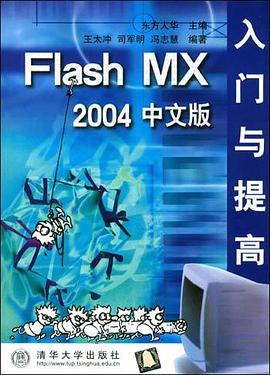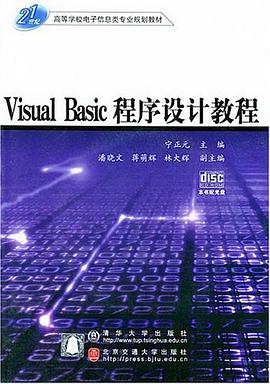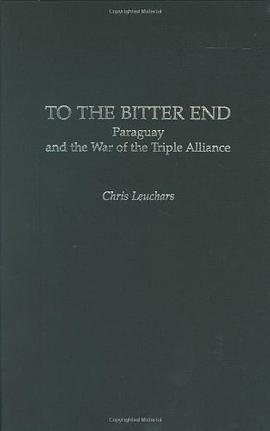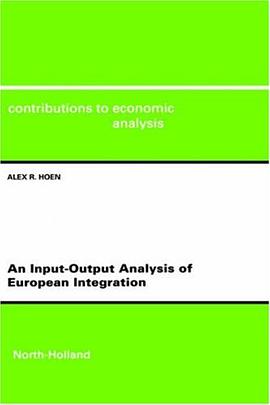

具體描述
Trade theories predict and explain the consequences of economic integration. Generally, they show that freer international trade leads to specialisation, technological convergence and faster economic growth. This study compares the conclusions of the trade theories with empirical observations of economic changes in the European Union. These empirical analyses show that the main conclusions also hold empirically. However, many detailed empirical observations often contrast the theoretical expectation. Hence, although the trade theories do predict the general changes correctly, they are not capable of predicting the more specific empirical outcomes. The empirical analyses use intercountry input-output tables in constant prices with 6 EU countries (Germany, France, Italy, The Netherlands, Belgium and Denmark) of the years 1970, 1975, 1980 and 1985.These data prove to be a valuable contribution to analysing the economic effects of international integration, since they provide a consistent database that can be used to analyse many economic aspects, such as technology, specialisation, intra-industry trade, economic growth, sectoral distribution, and direct and indirect effects. This book will be especially useful to Regional Economists and Economists specialising in international trade, input-output analysis or European integration.
著者簡介
圖書目錄
讀後感
評分
評分
評分
評分
用戶評價
相關圖書
本站所有內容均為互聯網搜索引擎提供的公開搜索信息,本站不存儲任何數據與內容,任何內容與數據均與本站無關,如有需要請聯繫相關搜索引擎包括但不限於百度,google,bing,sogou 等
© 2025 book.quotespace.org All Rights Reserved. 小美書屋 版权所有


